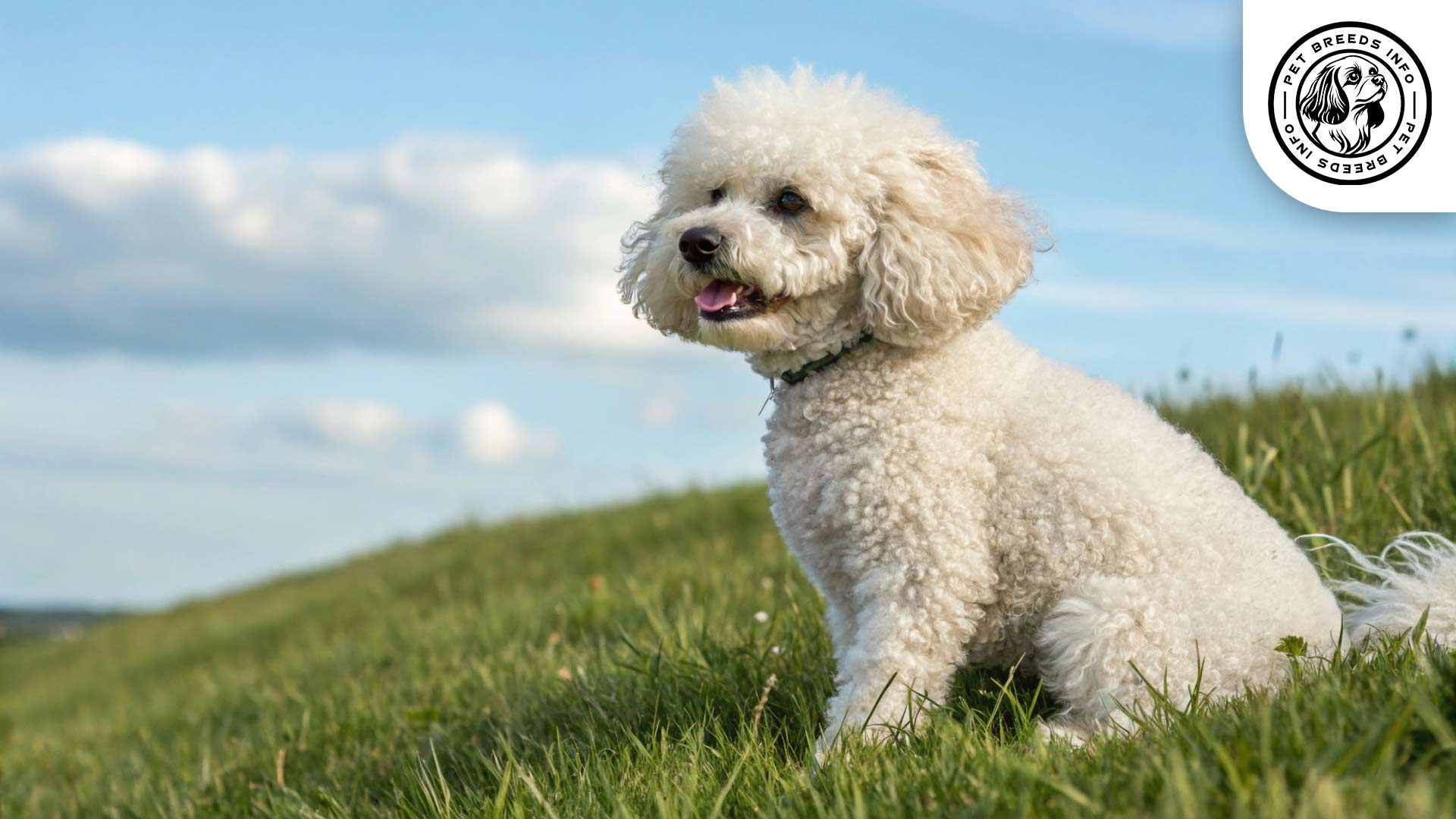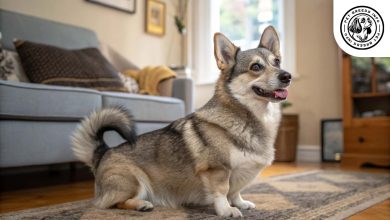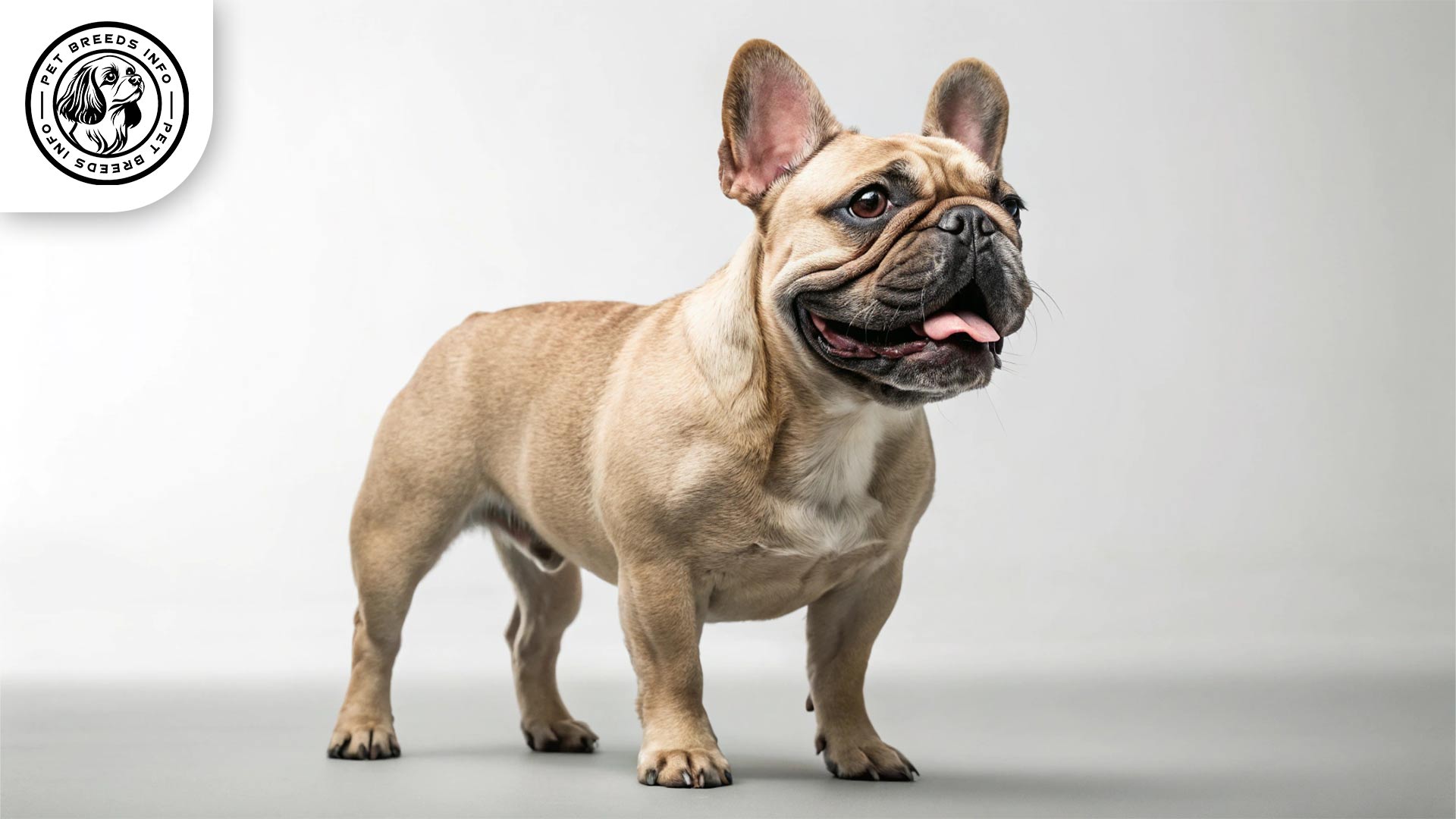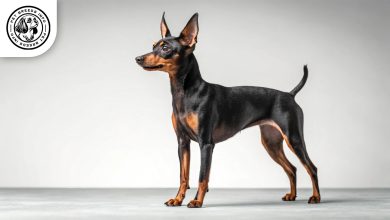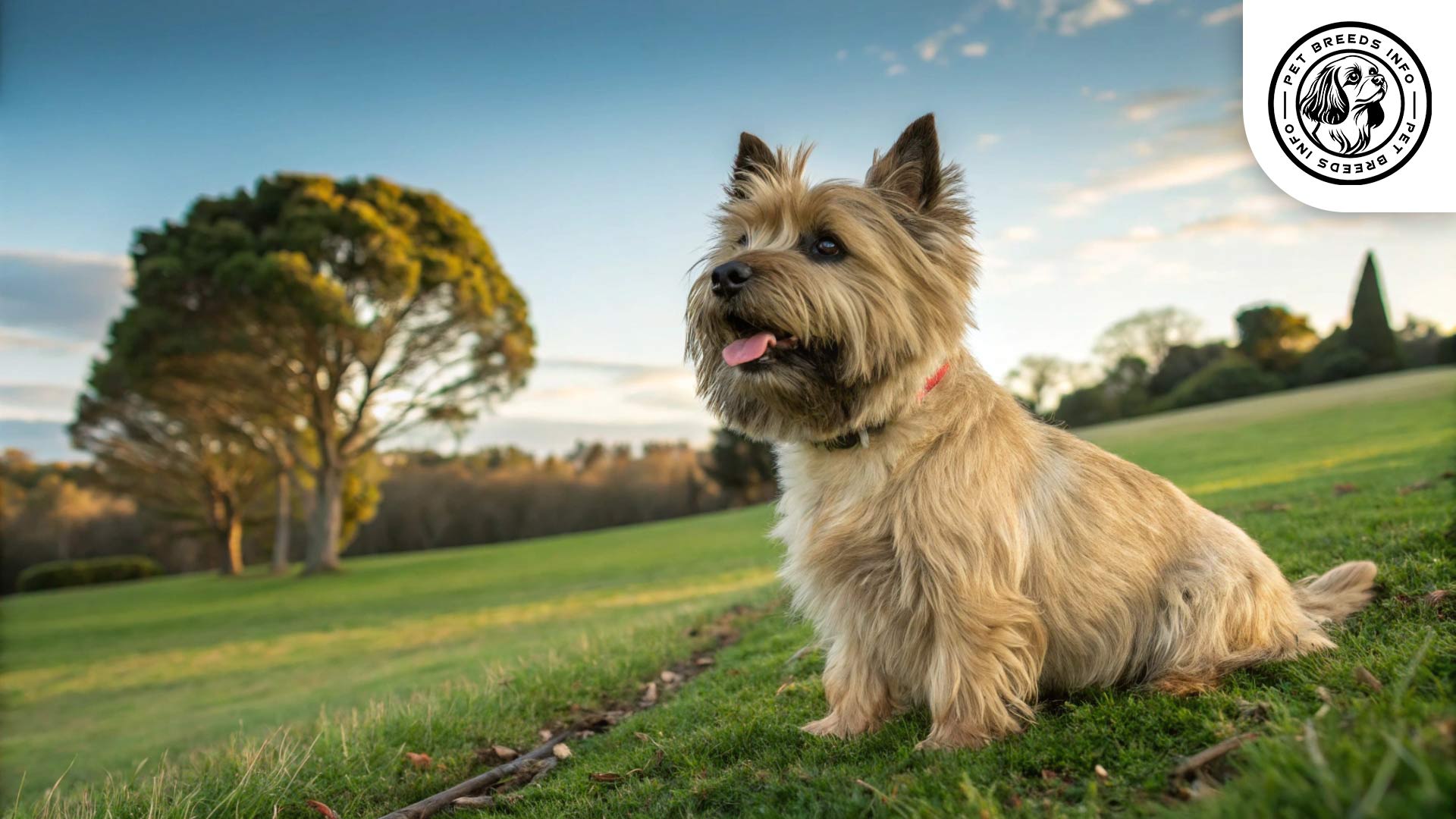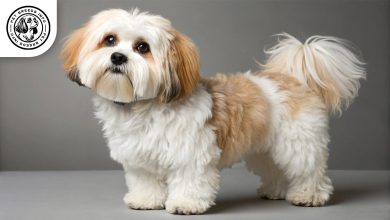Toy Poodle Dog Breed: Size, Health, Price & Personality
General Introduction of the Breed
The Toy Poodle, known simply as “Poodle (Toy),” is a miniature version of the Standard Poodle. In French, it is called “Caniche Toy.” The breed originates from France, but its ancestors are believed to have come from Germany, where they were initially bred as water retrievers.
Poodles have a long history dating back to the Renaissance period, where they were popular among European aristocrats. Over time, the Standard Poodle was bred down to Miniature and Toy sizes to serve as companion dogs, especially for nobility and city dwellers.
Table of Contents
| Color | White, Black, Apricot, Gray, Red, Cream, Silver, Brown |
| Weight | 4-6 pounds (1.8-2.7 kg) |
| Lifespan | 12-15 years |
| Diet | High-quality dry kibble, wet food, or balanced raw diet; small-sized kibble for toy breeds; avoid toxic foods |
| Care | Daily exercise, regular grooming (brushing, professional grooming every 4-6 weeks), routine bathing, nail trimming, ear cleaning, dental care; protection from extreme temperatures |
| Health | Prone to patellar luxation, hip dysplasia, progressive retinal atrophy (PRA), dental problems; regular vet check-ups, vaccinations, heartworm prevention |
| Nature | Intelligent, lively, energetic, affectionate, social, playful, sensitive |
| Price | $1,500 – $3,000 |
Physical Characteristics
The Toy Poodle is a small and elegant dog with a well-proportioned body.
Height: Around 9-10 inches (24-26 cm) at the shoulder.
Weight: 4-6 pounds (1.8-2.7 kg).
Coat type: Curly and dense, requiring regular grooming.
Color variations: White, black, apricot, gray, red, cream, silver, and brown.
Eyes: Dark, oval-shaped, and expressive.
Ears: Long, floppy, and set close to the head.
Tail: Typically docked in some regions, otherwise left natural.
Distinctive traits: Compact and athletic body with an elegant posture.
Read More: Pharaoh Hound Dog
Personality and Temperament
The Toy Poodle is highly intelligent and ranks among the most trainable dog breeds.
It has a lively and energetic personality, requiring regular mental and physical stimulation.
This breed forms strong bonds with its owners and thrives on human companionship.
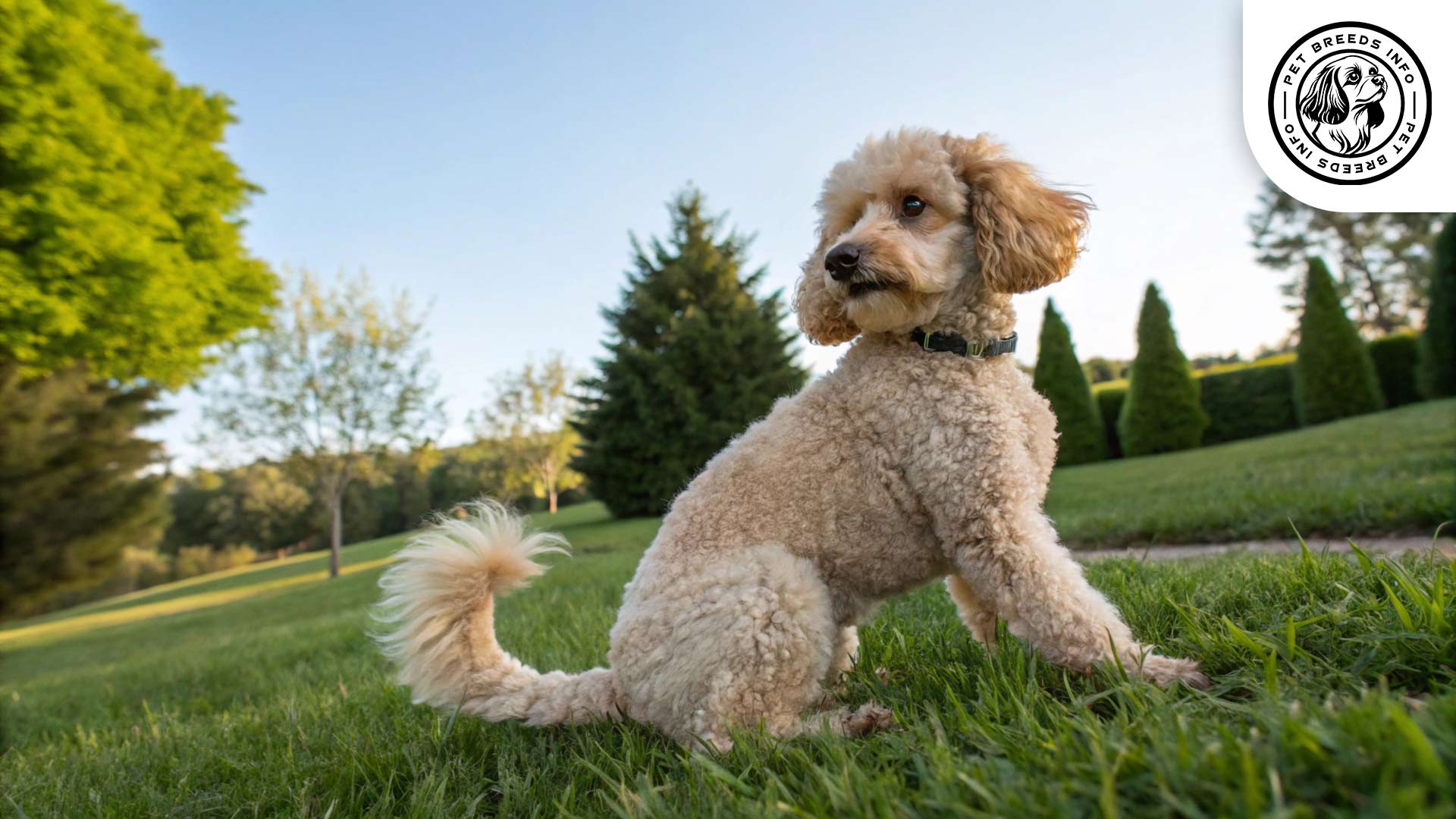
Toy Poodles are very social and affectionate, making them excellent family pets.
They are usually friendly with children and get along well with other animals when properly introduced.
The breed is playful, enjoys games, and has minimal hunting instincts.
Due to their sensitivity, they can be affected by environmental changes and loud noises.
Care and Maintenance Requirements
Despite their small size, Toy Poodles require daily exercise such as short walks and playtime.
The breed is well-suited for apartment living and adapts well to indoor environments.
Grooming is essential due to their curly coat, which requires regular brushing to prevent matting.
Professional grooming is recommended every 4-6 weeks.
Low shedding makes them a great choice for allergy sufferers.
They are sensitive to extreme temperatures, requiring protection in both hot and cold weather.
Basic hygiene includes routine bathing, nail trimming, ear cleaning, and dental care.
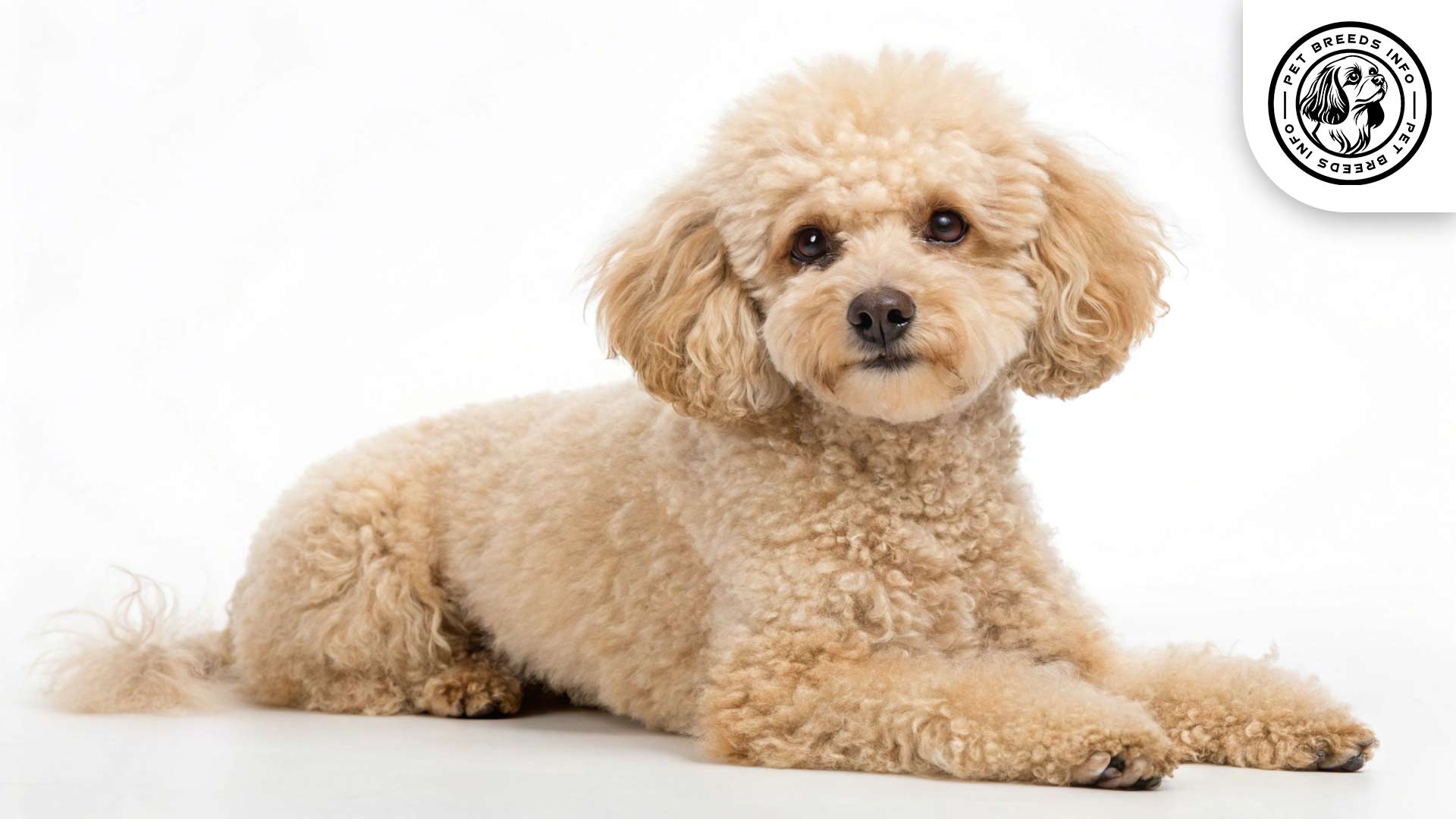
Diet and Nutrition
A high-quality diet of dry kibble, wet food, or a balanced raw diet is ideal for Toy Poodles.
Small-sized kibble formulated for toy breeds is recommended.
Avoid toxic foods like chocolate, onions, grapes, and excessive fatty foods.
Portion size should be split into two to three meals per day to prevent hypoglycemia.
Health and Common Medical Issues
Toy Poodles are generally healthy but prone to certain genetic conditions.
Common issues include patellar luxation, hip dysplasia, progressive retinal atrophy (PRA), and dental problems.
The average lifespan is 12-15 years, with proper care extending longevity.
Regular veterinary check-ups, vaccinations, and heartworm prevention are essential.
Read More: Pomeranian Dog
Training and Behavior Management
The Toy Poodle is easy to train due to its intelligence and eagerness to please.
Early training and socialization are recommended to prevent shyness or excessive barking.
Positive reinforcement methods, such as treats and praise, work best for this breed.
Consistency and patience are key to shaping good behaviors.
Interaction with Other Animals and Humans
Toy Poodles are affectionate and generally good with children when handled gently.
They typically get along with other dogs and pets if socialized properly.
This breed is suitable for both families and individuals, including seniors.
They can be prone to separation anxiety and prefer being around their owners.
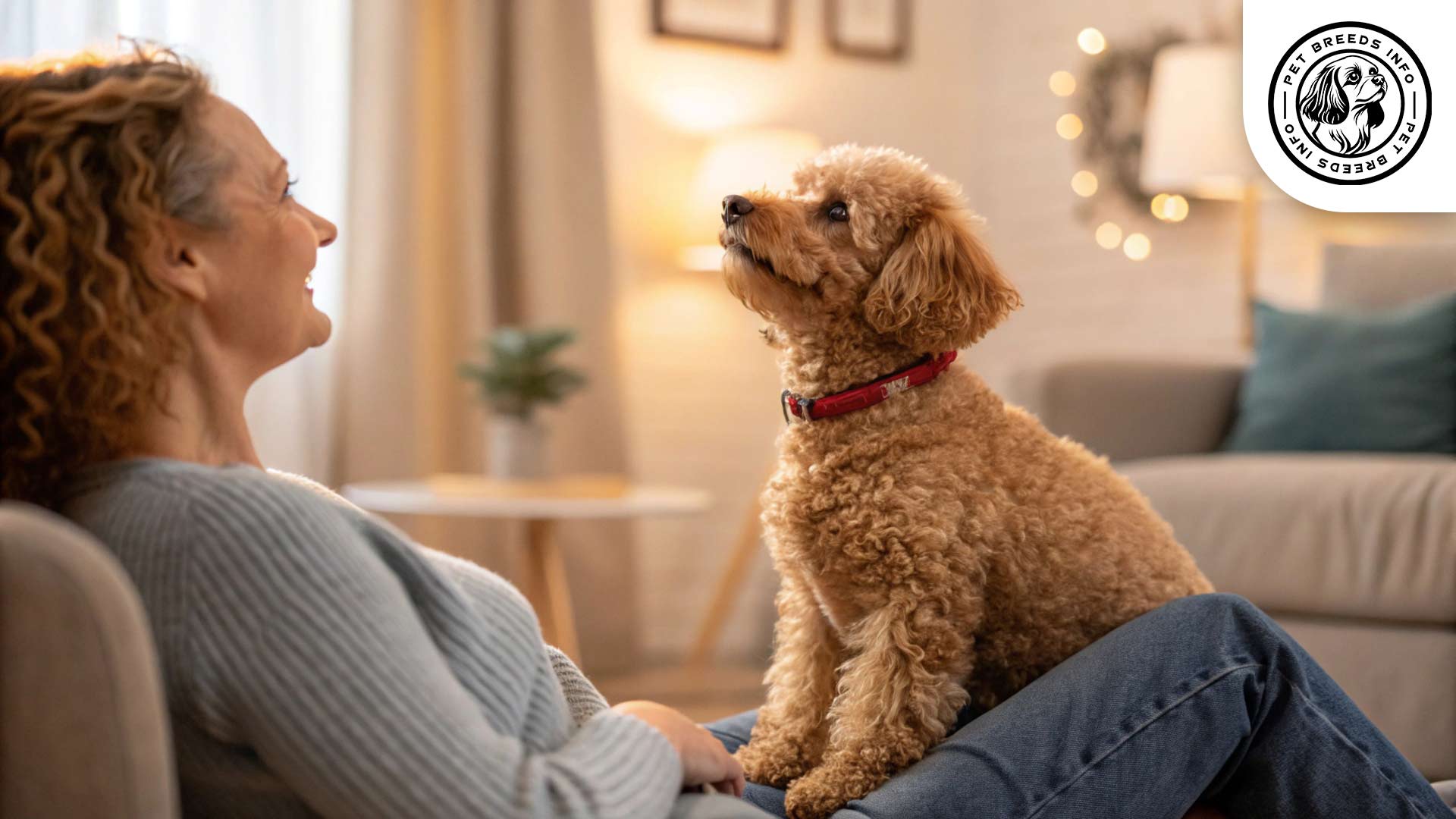
Price and Availability
The cost of a Toy Poodle ranges from $1,500 to $3,000, depending on breeder reputation and lineage.
Adoption is a great alternative, with rescue shelters offering these dogs for lower fees.
Always choose reputable breeders who follow ethical breeding practices.
Read More: Plott Dog
Conclusion and Final Thoughts
The Toy Poodle is an intelligent, affectionate, and hypoallergenic breed that fits well into most lifestyles.
Ideal for families, individuals, and apartment dwellers, this breed thrives with companionship and attention.
Potential owners should consider the grooming needs and commitment to socialization before getting a Toy Poodle.
With proper care, this breed can make a loving and entertaining companion for years to come.
FAQ
What is the average lifespan of a Toy Poodle?
The average lifespan of a Toy Poodle is typically between 12 to 15 years.
What are some common health issues Toy Poodles are prone to?
Toy Poodles are prone to certain genetic conditions such as patellar luxation, hip dysplasia, progressive retinal atrophy (PRA), and dental problems.
What type of diet is recommended for Toy Poodles?
A high-quality diet of dry kibble, wet food, or a balanced raw diet is ideal for Toy Poodles. Small-sized kibble formulated for toy breeds is recommended, and it’s essential to avoid toxic foods like chocolate, onions, and grapes.
Are Toy Poodles good with children and other pets?
Toy Poodles are affectionate and generally good with children when handled gently. They also typically get along well with other dogs and pets if socialized properly from an early age.
